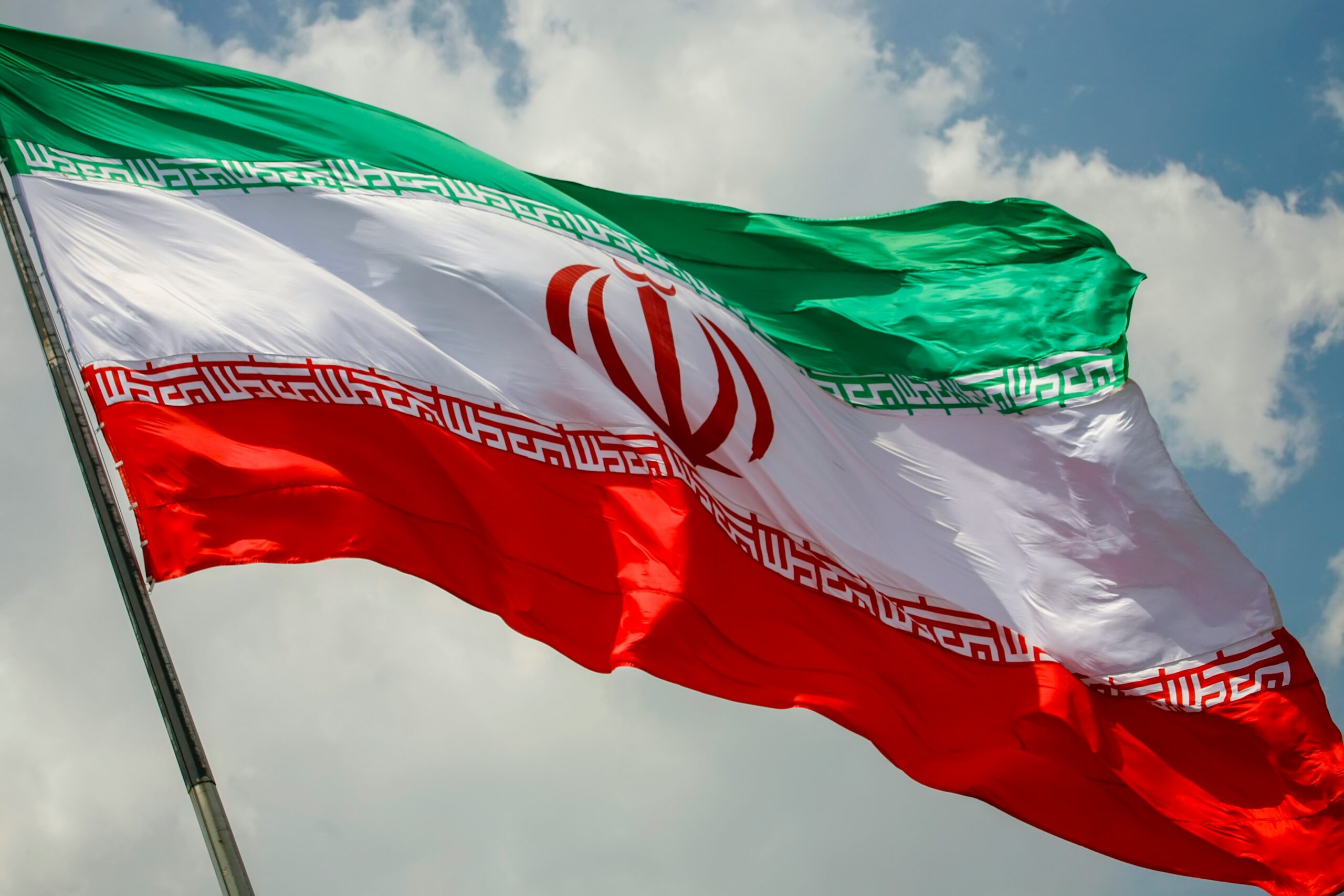Here is a snapshot from our International Relations Overview Narrative Intelligence brief.

This International Relations Overview narrative is driven by 181 sources in the Global Media module, amplifying 934 narrative items.
Today, our Narrative AI highlights shifting global dynamics. These narratives highlight a trend towards diplomacy, cooperation, and multilateralism, as seen in Iran's reformist approach, ASEAN's unity, and China-Russia's opposition to unilateralism, all emphasizing the need for constructive engagement amid geopolitical tensions.
Iran's new President Pezeshkian represents a potential shift in the country's approach to international relations, particularly regarding its nuclear program and relations with the United States. Demographically, Iran has a young population that is increasingly connected to global discourse, which may influence the government's willingness to engage in constructive dialogue. Socially, there is a growing demand for reform and improved relations with the West, reflecting a desire for economic development and sanctions relief.
Economically, Iran faces significant challenges due to longstanding sanctions that have crippled its economy. The new administration's emphasis on negotiation could be a strategic move to alleviate these pressures. Politically, Pezeshkian's reformist stance may face resistance from hardliners within the government, complicating efforts for meaningful change. Militarily, Iran's regional influence and its stance on conflicts, such as those involving Israel, remain critical issues that could affect its diplomatic overtures.
Geographically, Iran's location is pivotal, bordering several key players in the Middle East, which adds complexity to its security considerations. National security remains a priority, particularly in light of perceived threats from Israel and the U.S. The broader geopolitical landscape, including the roles of China and Russia in opposing Western hegemony, further complicates Iran's position.
In the context of ASEAN and other international coalitions, the emphasis on unity and cooperation highlights the interconnectedness of global issues, where Iran's actions could have ripple effects. As nations navigate these dynamics, the potential for a more moderate Iranian foreign policy could reshape regional alliances and security frameworks.
Our Kudzu Narrative Intelligence brief auto-updates every few hours with fresh analysis:
Note: Kudzu Narrative Intelligence briefs update every few hours. Very likely, the Narrative Analysis above will have changed as well.
Image Credit for Article Header: Akbar Nemati